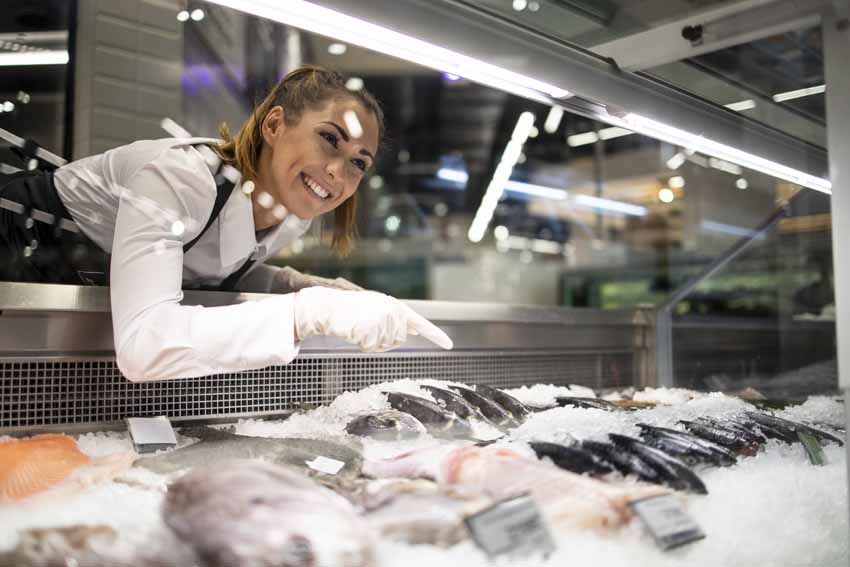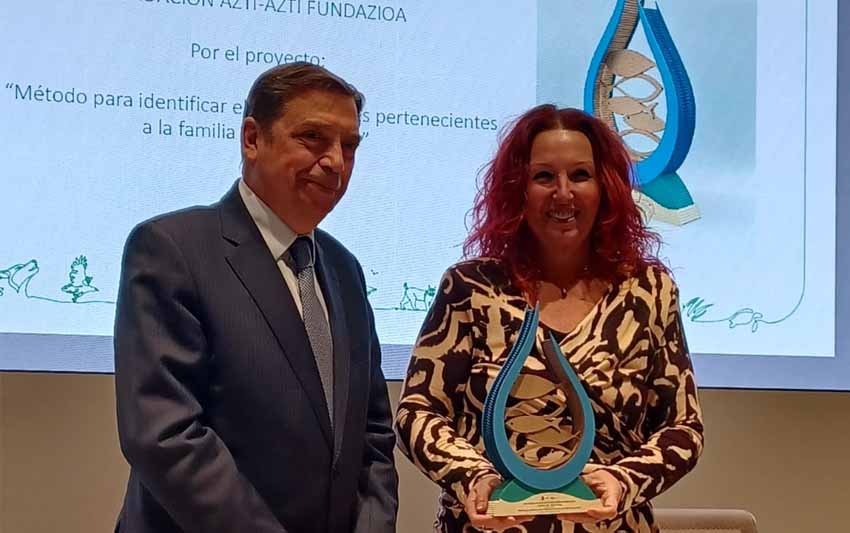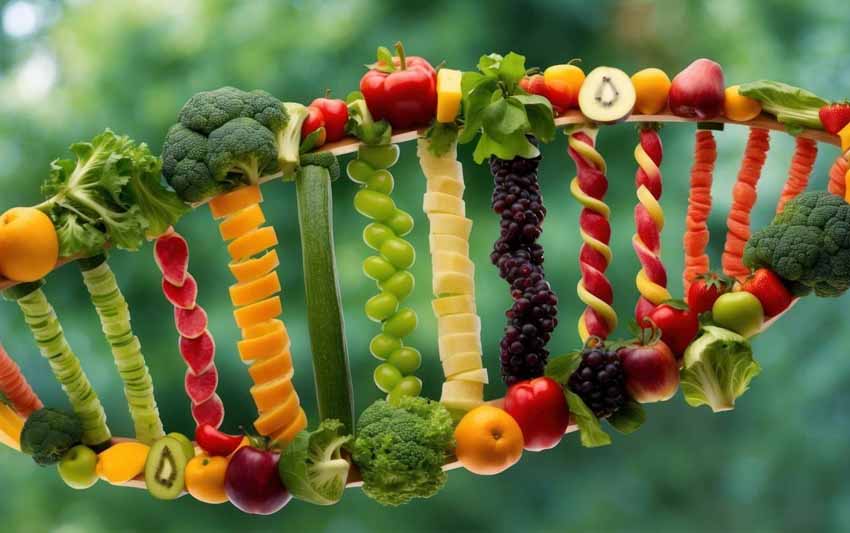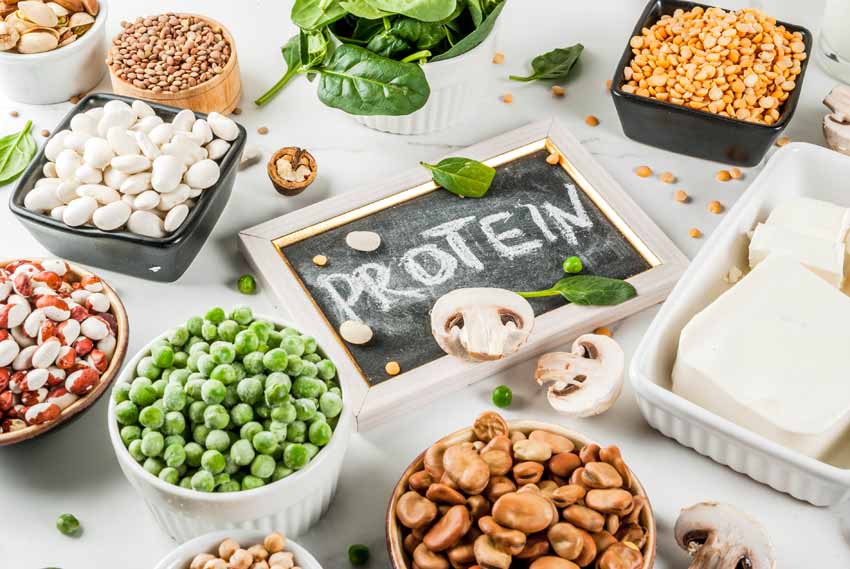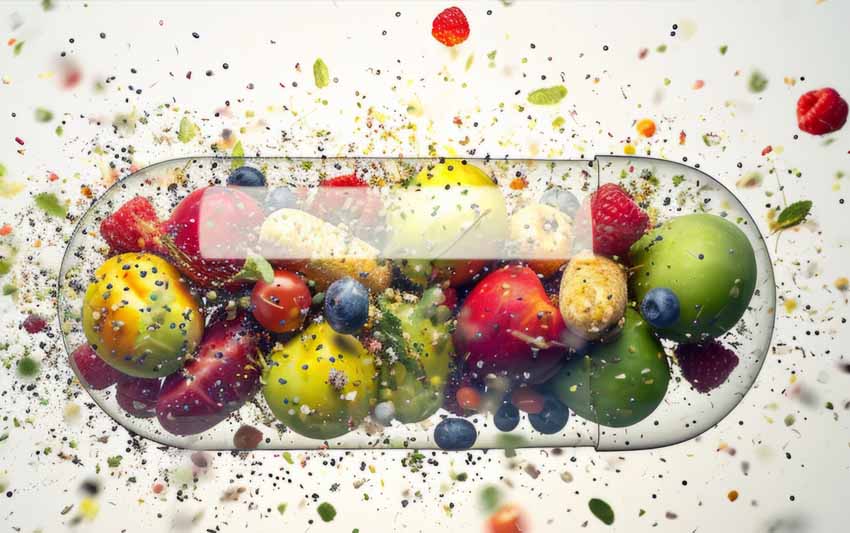Innovative technologies for value addition to discards from shellfish and fish production
Últimas noticias
A pioneering genetic catalogue reveals hidden biodiversity in Basque estuary sediments
Uhinak Technical Committee Sets the Key Points for the 7th International Congress on Climate Change and the Coast
“We fishermen are the ones who earn the least”
- As part of the European WaSeaBi project, AZTI Technology Centre has successfully implemented various processes for the valorisation of liquid and solid by-products from fisheries and aquaculture.
- Methods successfully used to develop new ingredients and protein products are available to transfer to the food industry
- Thirteen partners from Denmark, Sweden, Spain, France and Belgium participated in the initiative, which was completed in 2023
Derio, 15 November 2023 – It is estimated that up to 70% of the resources from fishing and aquaculture activities, known as secondary or side streams, end up as products of low value or even as waste. It is therefore necessary to develop a more efficient and sustainable valorisation system for these wastes and discards in order to transform them into marketable products with higher added value.
In this context, the AZTI Technology Centre has successfully implemented various technologies and processes to find new uses for various liquid and solid by-products generated during the handling and processing of molluscs and fish within the framework of the European WaSeaBi project.
On the one hand, new ingredients have been obtained from the cooking water of mussels produced by Pescados Marcelino; on the other hand, salty ingredients with umami flavour have been obtained from cod, herring, hake and salmon waste; and finally, protein products rich in antioxidant peptides have also been obtained from cod and hake proteins.
In addition, the Technology Centre, in collaboration with the University of Ghent and the Technical University of Denmark (DTU), has contributed to the development of software to guide the fishing and aquaculture industry in the use of seafood discards.
“The system includes an evaluation of the technical, legal, environmental and economic aspects of the innovative processes implemented during the initiative to produce new ingredients and, depending on the characteristics of the by-product stream to be recovered, decide on the most favourable alternative,” explains Bruno Iñarra, AZTI’s expert in by-product valorisation.
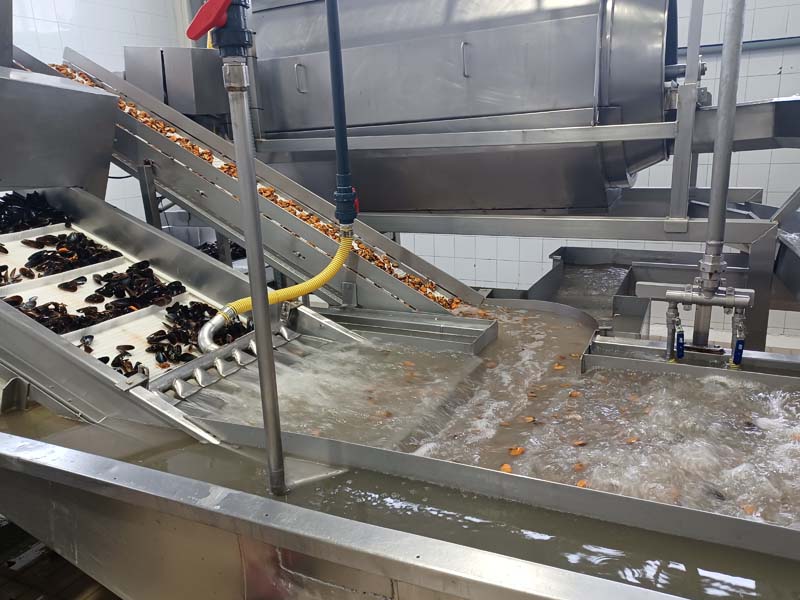
Adding value to discards through innovative technologies
AZTI experts have used several innovative technologies to develop these new ingredients and products.
For the mussel cooking water, a semi-permeable membrane process was used to separate the specific components of interest and also to reduce the environmental impact.
In addition, a technology based on enzymes, proteins that act as biological catalysts to speed up the necessary chemical reactions, has been used to produce tasty savoury ingredients. The system has been scaled up to pilot scale at Barna’s facilities, which recover fish by-products from canneries, fishmongers and other fishing industries.
Finally, AZTI has validated the application of protein hydrolysis to the development of protein hydrolysates with nutritional benefits in its own facilities.
The process breaks down fish proteins into smaller fragments, such as peptides and amino acids, through the action of enzymes or acids, resulting in a mixture of smaller protein fragments that are easier for the human body to digest and absorb.
“Some examples are fish protein hydrolysate or fish collagen hydrolysate, which can contain omega-3 fatty acids and other beneficial nutrients and are highly valued in the formulation of food, dietary supplements and personal care products,” adds Iñarra.
The WaSeaBi initiative, whose name is derived from the English words “waste”, “fisheries and aquaculture side-streams” and “bio-economy” (WAste, SEAfood side-streams and BIoeconomy), has involved 13 partners from Denmark, Sweden, Spain, France and Belgium and a total budget of €4,158,214. 77% of the funding comes from the Bio Based Industries Join Undertaking (JU) instrument under the European Union’s Horizon 2020 research and innovation programme. The JU is also supported by the Bio Based Industries Consortium.
